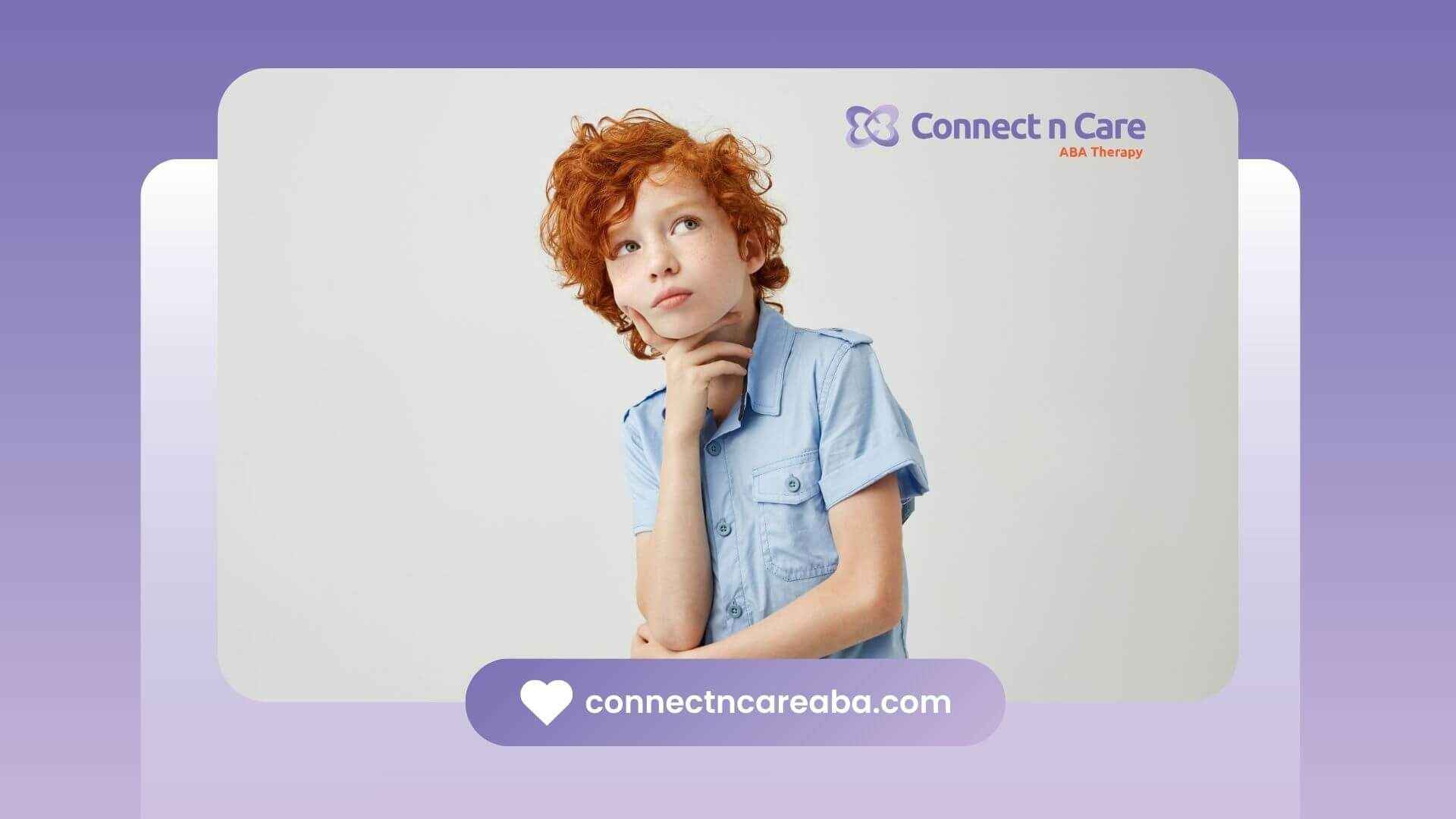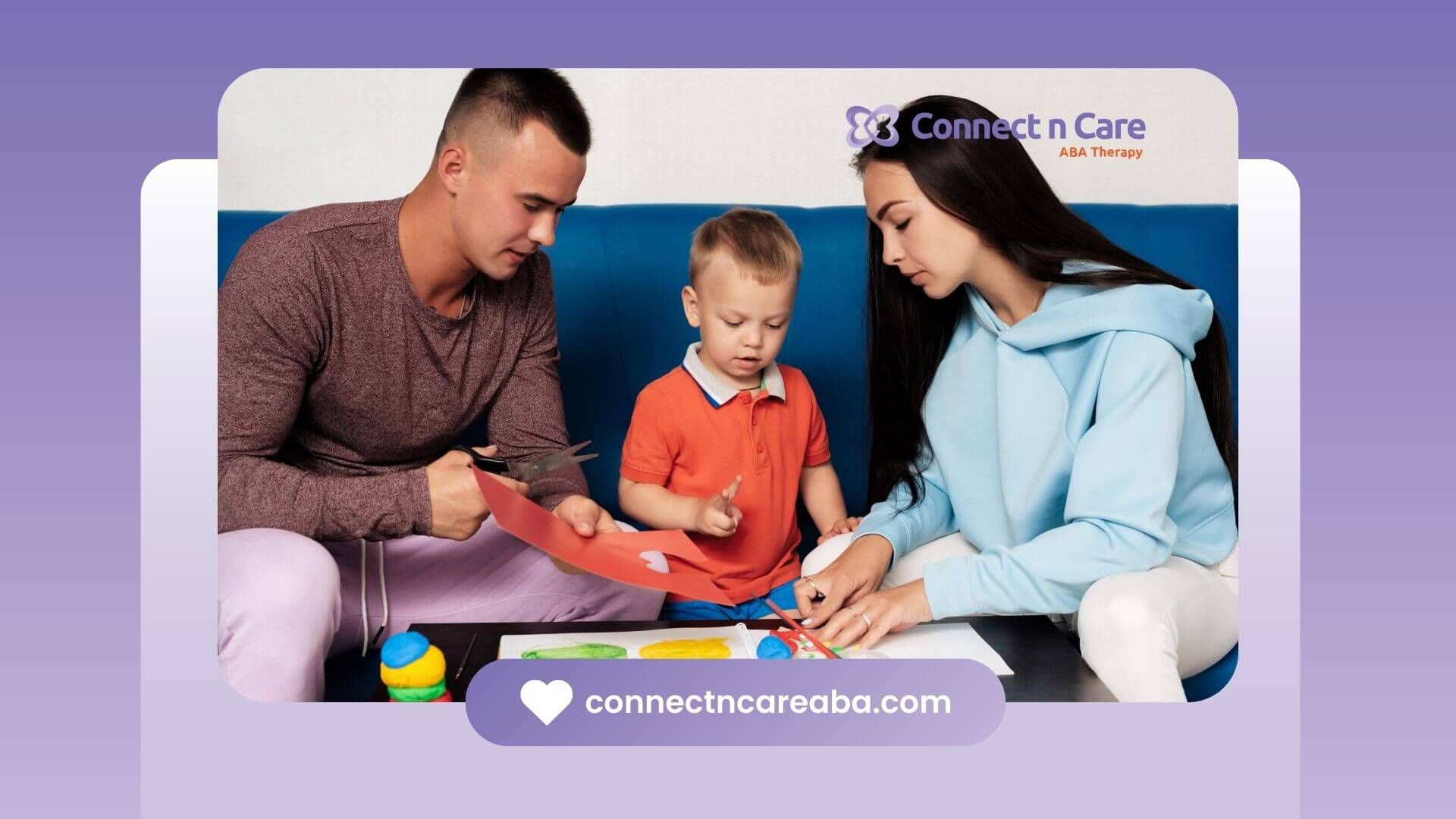Autism Spectrum Disorder (ASD) is a neurodevelopmental condition that affects communication, social interaction, and behavior. Within the spectrum, a subset of individuals displays exceptional intellectual abilities, often referred to as High IQ Autism.
This article explores the characteristics, challenges, and strengths of individuals with high IQ autism, providing insights into their unique traits and how tailored support can help them thrive.
What Is High IQ Autism?
High IQ autism refers to individuals diagnosed with ASD who possess above-average intelligence, typically with an IQ score of 130 or higher. These individuals often excel in areas such as analytical thinking, problem-solving, and abstract reasoning. However, their intellectual strengths may coexist with challenges in social communication and sensory processing.
Signs of Intelligent Autism
1. Exceptional Memory
Individuals with high IQ autism often have remarkable memory skills, remembering facts, dates, and details with precision. This ability allows them to excel in academic or professional settings that require extensive knowledge retention.
2. Deep Focus on Interests
A hallmark trait is their intense focus on specific subjects or hobbies. Whether it’s mathematics, art, or technology, they dedicate themselves to mastering their chosen fields.
3. Pattern Recognition
Many individuals with high IQ autism excel at identifying patterns and systems. This skill makes them exceptional problem solvers and innovators in areas like engineering or computer science.
4. Heightened Sensory Perception
Heightened sensory experiences are common among autistic individuals with high intelligence. They may be particularly sensitive to sounds, textures, or lights but also use these sensitivities to enhance their creative or analytical work.
5. Creativity and Unique Perspectives
Their ability to think outside the box often leads to groundbreaking ideas and solutions that others might overlook.
6. Direct Communication Style
Individuals with high IQ autism tend to communicate straightforwardly, valuing honesty and clarity over social norms or small talk.
7. Learning Through Doing
They often prefer hands-on learning methods or self-guided exploration over traditional classroom instruction.
8. Loyalty and Integrity
A strong sense of loyalty and honesty defines their relationships, making them dependable friends or colleagues.
Challenges Faced by Individuals With High IQ Autism
Despite their intellectual strengths, individuals with high IQ autism may encounter unique challenges:
- Social Isolation: Difficulty understanding social cues can lead to feelings of alienation or loneliness.
- Sensory Overload: Heightened sensory sensitivities may cause discomfort in busy environments like schools or workplaces.
- Late Diagnosis: Their intelligence may
mask autism traits, delaying diagnosis until adulthood.
- Coexisting Conditions: Many individuals also experience ADHD or anxiety disorders alongside autism.
How Connect n Care ABA Can Help
At Connect n Care ABA, we specialize in supporting individuals across the autism spectrum—including those with high IQ autism—through personalized ABA therapy programs designed to address their unique needs.
Our Comprehensive Approach Includes:
- Behavioral Assessments: We identify triggers behind challenging behaviors while highlighting strengths like exceptional memory or pattern recognition.
- Skill Development: Our therapy sessions focus on improving social communication skills alongside academic or professional abilities.
- Sensory-Friendly Solutions: We incorporate sensory tools into therapy sessions to help manage sensitivities effectively.
- Parent Training: We empower families by teaching strategies for supporting their child’s growth at home.
- Collaboration With Schools: We work closely with educators to create individualized plans that accommodate intellectual strengths while addressing social challenges.
At Connect n Care ABA, we believe every individual deserves the opportunity to thrive—and we’re here to make that happen.
Conclusion: Unlock Your Potential Today
High IQ autism represents a unique intersection of exceptional intelligence and neurodiversity. At Connect n Care ABA, we’re committed to helping these extraordinary individuals unlock their full potential through tailored support and evidence-based therapies.
Take the first step toward growth—contact us today for a consultation! Let’s work together to build brighter futures.
Frequently Asked Questions (FAQs)
Can autistic people be gifted?
Yes! Many autistic individuals possess exceptional talents in areas such as mathematics, art, music, or technology.
Is a high IQ neurodivergence?
High IQ can be considered part of neurodivergence when paired with conditions like autism that affect cognitive processing differently.
Can an autistic person have a normal IQ?
Absolutely! Autism exists across a spectrum; some individuals have average IQs while others may fall into gifted ranges.
What is a highly intelligent autistic person called?
They are often referred to as “twice-exceptional” if they exhibit both giftedness and autism traits simultaneously.
Sources:
- https://www.additudemag.com/high-iq-autism-adhd-patients/
- https://psychcentral.com/autism/autistic-and-gifted-supporting-the-twice-exceptional-child
- https://www.linkedin.com/pulse/extremely-high-cognitive-ability-form-neurodivergence-pushpraj-singh-qidkc
- https://neurolaunch.com/high-iq-autism/
- https://pubmed.ncbi.nlm.nih.gov/25604000/
- https://www.autismparentingmagazine.com/gifted-and-autistic/
- https://pmc.ncbi.nlm.nih.gov/articles/PMC8699491/









